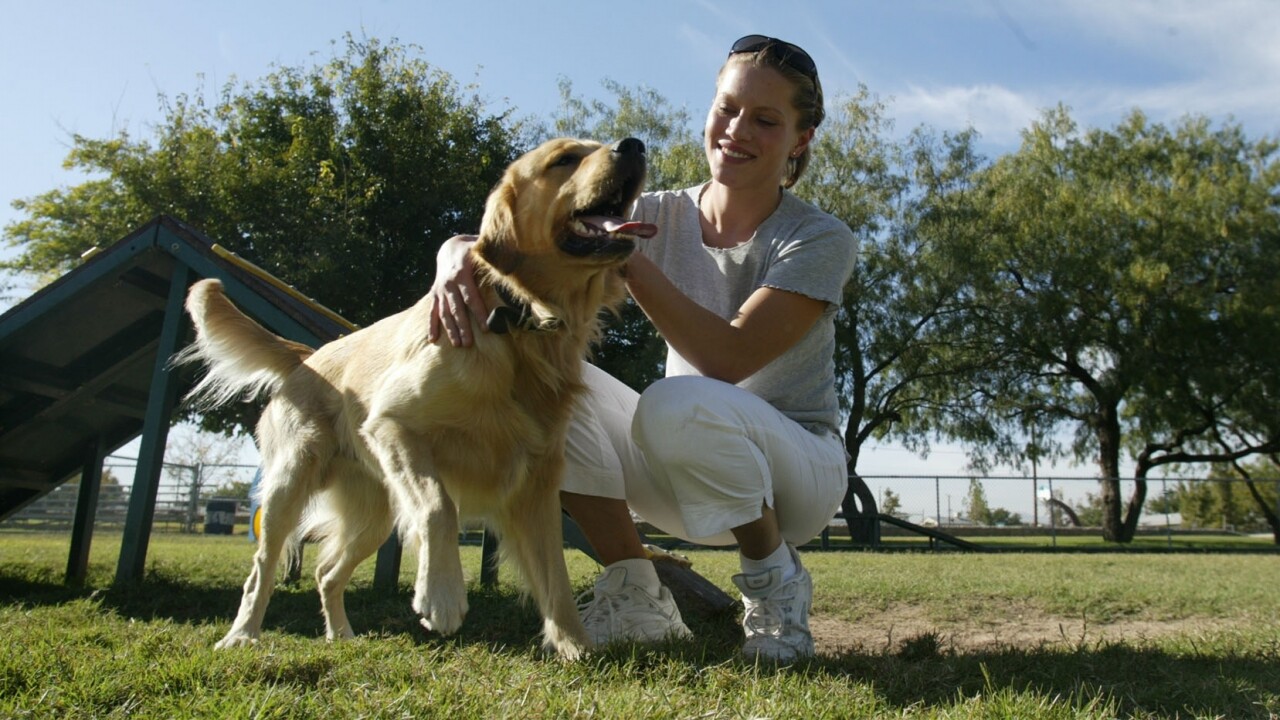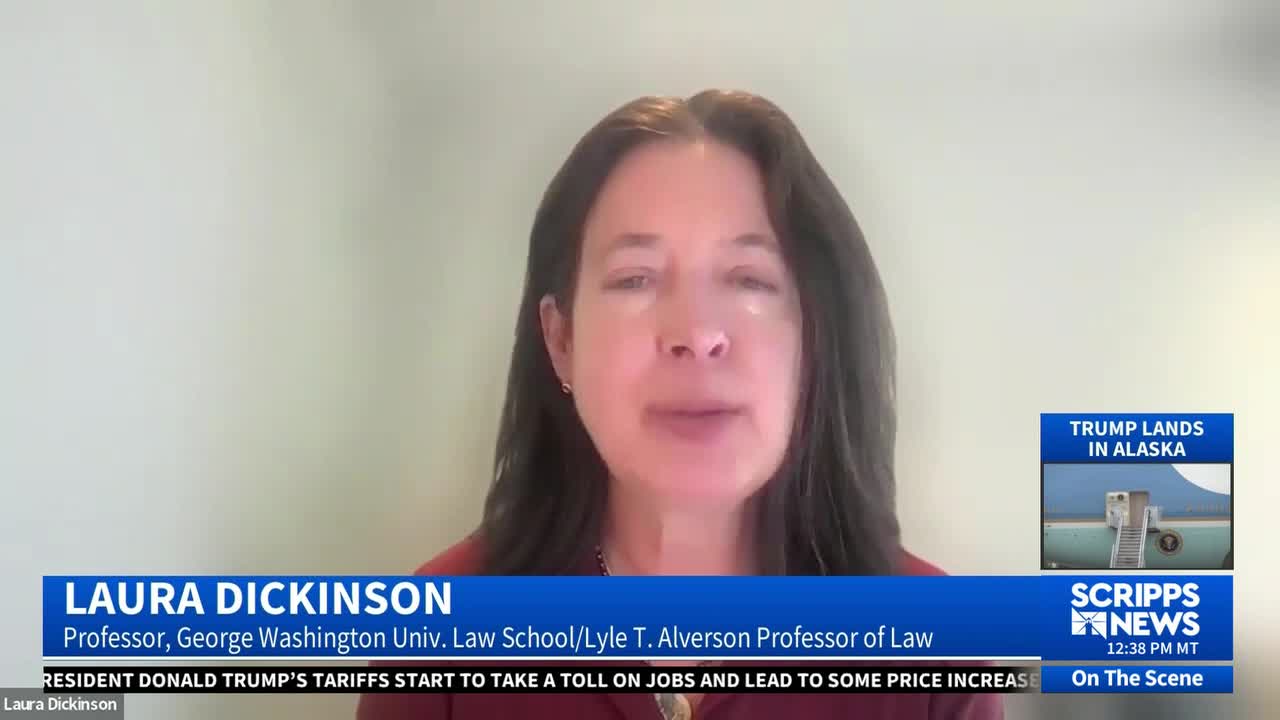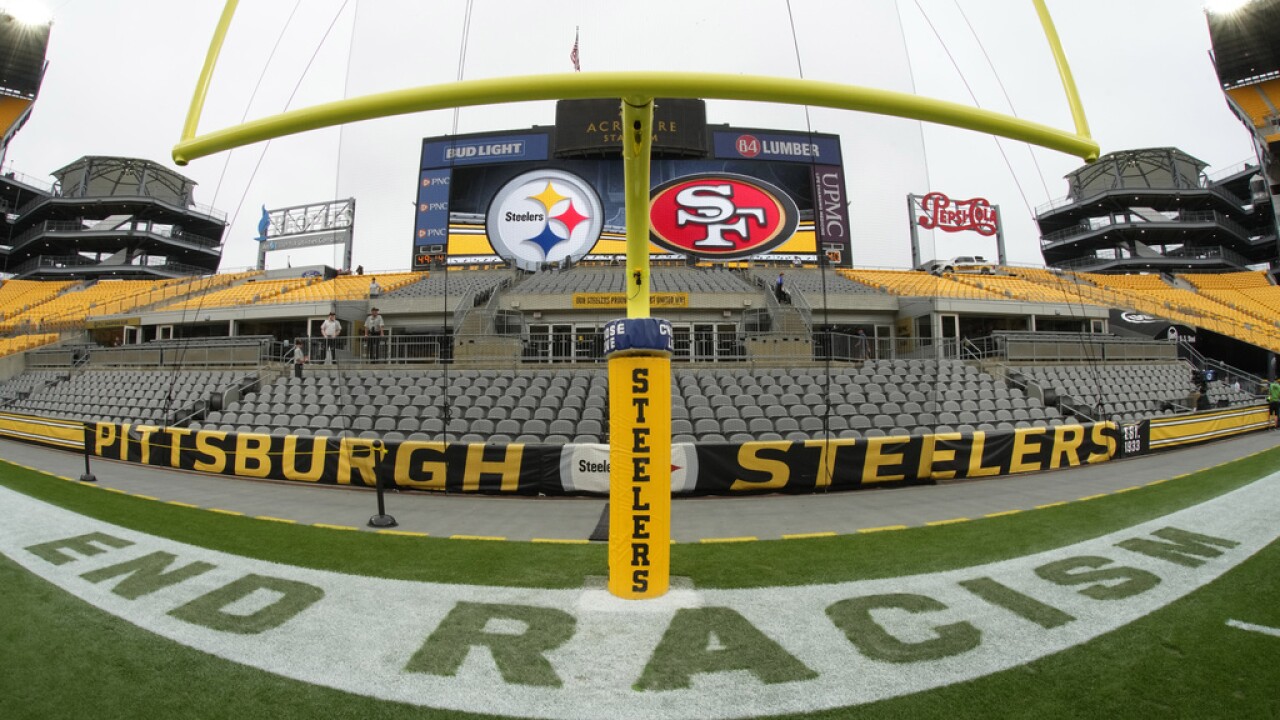People often miscalculate climate choices, a study says. One surprise is owning a dog

It turns out that a large number of Americans struggle to determine which individual choices have the biggest impact on climate change.
According to a recent study by the National Academy of Sciences, participants were not very accurate in determining how much certain actions contributed to climate change, which is primarily caused by the release of greenhouse gases that occur when fuels like coal, oil, and gasoline are burned. These actions included carpooling, reducing food waste, and switching from gasoline-powered to electric cars.
According to Madalina Vlasceanu, a professor of environmental social sciences at Stanford University and co-author of the report, “people over-assign impact to actually pretty low-impact actions like recycling and underestimate the actual carbon impact of behaviors much more carbon intensive, like flying or eating meat.”
Participants significantly overestimated the three most important individual climate-friendly behaviors: utilizing renewable power, avoiding plane travel, and not getting a dog. In the meantime, recycling, switching to more energy-efficient appliances and light bulbs, and washing clothing with less electricity were the least impactful behaviors. Three of the report’s top four overestimated acts were those three.
People make mistakes for a variety of reasons.
According to Vlasceanu, participants were more inclined to give recycling and the usage of energy-efficient lightbulbs more weight than the reasons why adopting a dog or taking a plane are more environmentally harmful.
Another factor is the wiring of the human brain.
“The recycled bottle is visible. You can see that. On the other hand, carbon emissions are not visible to the naked eye. Jiaying Zhao, a psychology and sustainability professor at the University of British Columbia, explained why humans don’t link emissions to flying.
Zhao said that it’s simpler to remember things we do more frequently. “While flying is less common, recycling is a nearly everyday activity. Less people talk about it,” she remarked. “As a result, people give a higher psychological weight to recycling.”
Of course, a lot of false information is also present. For instance, some businesses promote their recycling efforts while keeping the public in the dark about the pollution that results from their activities as a whole.
According to climate scientist Brenda Ekwurzel of the charity Union of Concerned Scientists, “there has been a lot of deliberate confusion out there to support policies that are really out of date,”
Why dogs have a significant impact on the climate
Dogs consume a lot of meat, which contributes significantly to climate change. This is because methane, a greenhouse gas that contributes to climate change, is released by a large number of agricultural animals that will eventually be used as food. Because cattle are frequently reared on land that has been unlawfully deforested worldwide, beef has a particularly significant impact. Cutting down trees to produce cattle is a double whammy since plants absorb carbon dioxide, the most prevalent greenhouse gas.
“Pets and carbon emissions are just not associated. People’s perceptions of that connection are unclear,” Zhao stated.
But not every pet is the same. Zhao has three rabbits and a dog.
“I can adopt 100 bunnies that will not be close to the emissions of a dog, because my dog is a carnivore,” she stated.
By choosing food derived from sources other than beef, the owner of a pet that consumes meat might lessen their influence. For instance, Zhao feeds her dog less carbon-intensive protein sources, such turkey and seafood, in an effort to reduce her dog’s carbon footprint.
Air travel-related pollution
Greenhouse gasses such as carbon dioxide and nitrogen oxides are released in large quantities by airplanes. Furthermore, aircraft release contrails, which are vapor trails that stop gasses that warm the planet from escaping into space. The International Civil Aviation Organization, a United Nations organization, reports that a round-trip economy-class travel on a 737 from New York to Los Angeles generates almost 1,300 pounds of emissions per passenger.
According to U.N. estimates, skipping that one flight saves almost the same amount of carbon as going without a car for more than three months or vowing to consume no meat at all for a year.
Other choices, both significant and small
Because renewable energy sources like solar and wind don’t release greenhouse emissions, switching to them brings a lot of benefits. How people heat and cool their houses and the kinds of transportation they take are two of the most significant climate decisions they can make. The effects of both are lessened by switching to renewable energy.
Recycling reduces the amount of waste that ends up in landfills, but because it usually requires fossil fuels for transportation, processing, and repurposing, its climatic impact is minimal. The Environmental Protection Agency also reports that less than 10% of plastics are recycled.
Relatively less significant are other choices with overstated effects, such as changing to more energy-efficient lightbulbs and washing clothes in cold water. This is due to the fact that while enhancing those appliances is useful, its impact is considerably more restricted than that of other things, like pets and airplane rides.
More easily accessible information, according to experts, is the most effective strategy to counteract people’s propensity to make poor climate-related decisions. Because it’s easier to understand, Zhao claimed that people’s estimations are already more accurate than they would have been ten or twenty years ago.
That idea is supported by the study. The researchers rectified the participants’ errors and the acts they indicated they would take to improve the environment after they had finished ranking the actions.
“People do learn from these interventions,” Vlasceanu stated. “After learning, they are more willing to commit to actually more impactful actions.”





